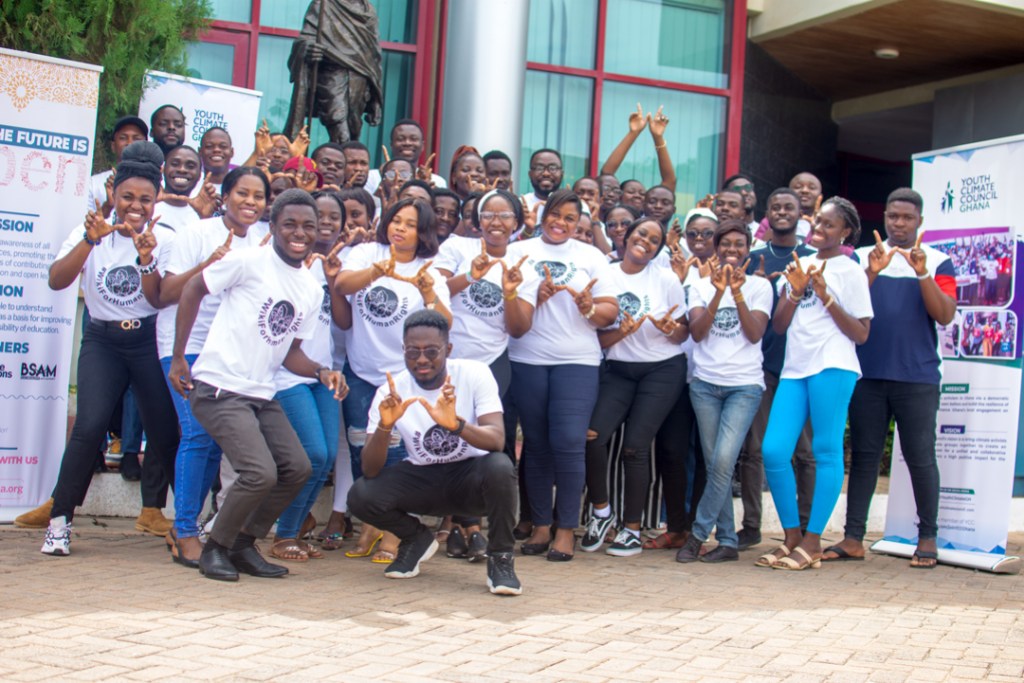
Kffzz, CC BY SA 4.0
We are excited for International Human Rights Day, which celebrates the signing of the United Nations Universal Declaration of Human Rights, the cornerstone of human rights norms and best practices globally. Timed with this special day, we are excited to announce that the #WikiForHumanRights campaign will return again in 2023 with a focus on the Right to a Healthy Environment. Building on learning from the past years, in 2023, we will be regionalizing the campaign to meet the needs of different communities globally.
Run since 2020 in partnership with UN Human Rights, the campaign represents an opportunity for members from the Wikimedia movement and the larger open knowledge ecosystem to host activities and events to document the intersection of human rights and a healthy environment.
We need your help to make this possible! Read on to learn more about the campaign and how you can participate as an organizer.
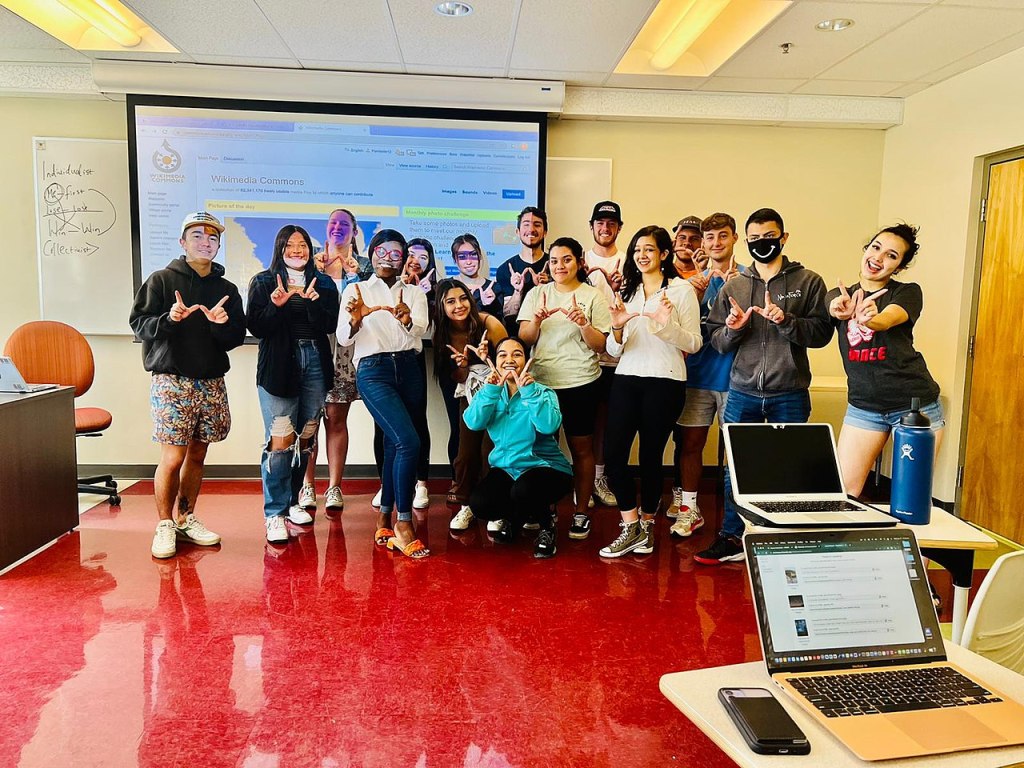
Pambelle 12, CC BY SA 4.0
Help organize the 2023 Campaign!
Wikimedia campaigns rely on decentralized organizers around the world, to run edit-a-thons and host webinars and discussions about the role of open knowledge and key topics for impact, such as human rights and sustainability.
If you want more information on how to organize regional or local events for this year’s campaign, we will be holding our first office hours 16 January 2023 at 16:00 UTC to help local organizers identify the best activities for their communities during the year.
To find out more, let us know that you are interested!
- Join the WikiForHumanRights Telegram Channel
- Email campaigns@wikimedia.org if you would like to coordinate activities in your community or region. We are especially looking for organizers interested in coordinating in Central and Eastern Europe, East and Southeast Asia-Pacific, South Asia and Francophone Africa.
- Join our first international information session, where we will introduce our regional support strategy. (Zoom Registration)
- Keep an eye out in the Telegram group and on the Campaign page on Meta for regional learning and coordination sessions for the MENA, LATAM and Africa in January and February.
- Share this post with organizers and activists that you think will be interested in the campaign! We need your help finding organizers active in the world over.
- You can share on social media using the following message: The #WikiForHumanRights campaign is happening again in 2023! Sign up now to help organize activities to document the topic of the right to a healthy environment on Wikipedia and other WIkimedia projects. @UNHumanRights @UNEP https://w.wiki/664J
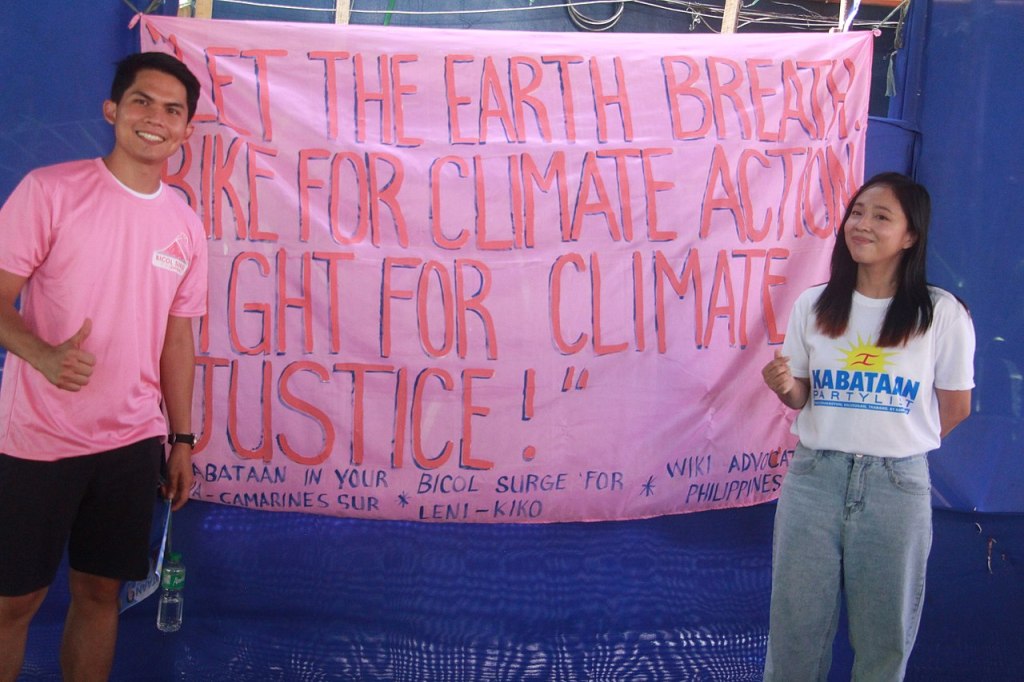
Joan San Carlos, CC BY SA 4.0
Why the Right to a Healthy Environment?
On the backdrop of global crises and instability, human rights are as important as ever, both in the digital ecosystem that Wikimedia is directly a part of, but also in the wider range of topics and themes that our projects communicate. As human rights norms continue to face contestation, this year’s International Human Rights Day presents an exciting opportunity for the Wikimedia movement to reflect on the intersection of these basic rights with current trends that threaten them – including those related to the triple planetary crises of climate change, pollution and biodiversity loss.
This year represented a monumental gain for the climate justice movement across the world: a resolution acknowledging the right to a clean, healthy and sustainable environment as a human right was passed by the United Nations General Assembly on 28 July 2022. While not binding on its signatories, the resolution represents a step in the right direction. Now, more than ever, collective efforts are needed to ensure that this resolution moves from paper to action for policymakers and practitioners across the world.
Over the past few years, partners from across the Wikimedia movement have been running the #WikiForHumanRights campaign, which works to ensure that everyone has access to neutral, fact-based, and current information around our right to a healthy environment. The campaign curates free knowledge on the human impacts of the climate crises and the related ecological crises of pollution and biodiversity loss. Since launching the campaign, we have seen an enthusiastic reception from within the Wikimedia movement. Learning about key knowledge gaps about the intersection of human rights and a healthy environment for all, allows us to reach new audiences who have not yet used Wikimedia platforms or contributed to the projects.
Because we live in a world where policymakers, activists, voters and concerned citizens need to make many, concurrent, informed, and complicated decisions to address the climate crises (as was documented in a blog post earlier this year), the work of #WikiForHumanRights must continue. For this and many other reasons, we are excited to announce to Wikimedia communities that we will again be organizing an international #WikiForHumanRights campaign during 2023, with a focus on using the Wikimedia platforms in service of those looking to understand pressing environmental issues and their intersection with human rights. The campaign, which will run from April 15 – June 15 2023, allows local communities to highlight the role of open knowledge in themes related to Earth Day and World Environment Day.
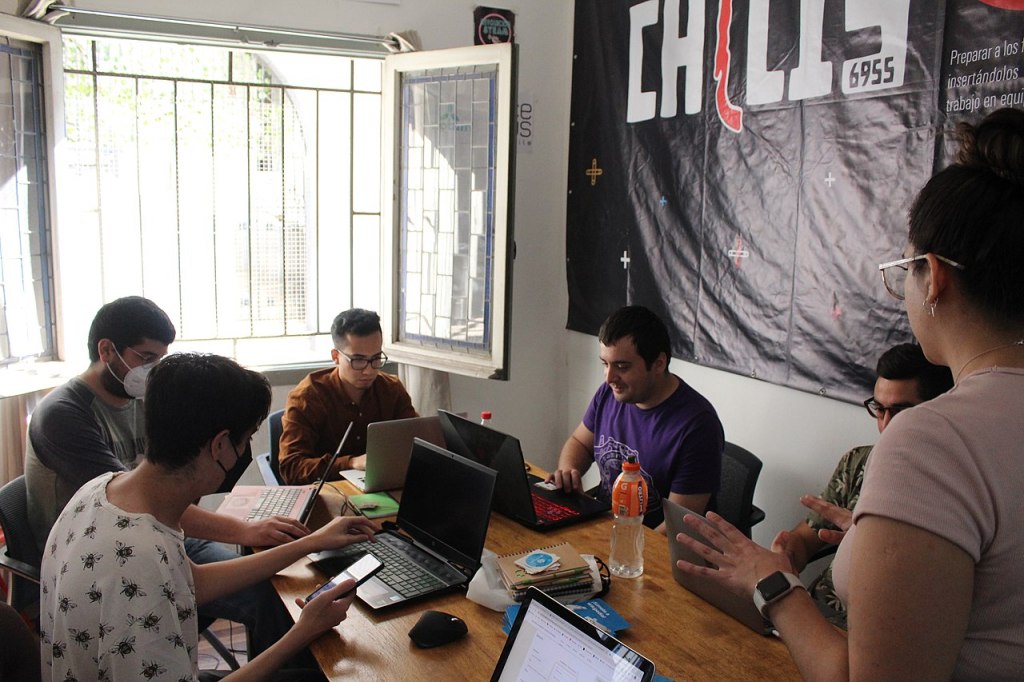
Michelle Martínez, CC BY SA 4.0
Seeing Impact Requires a Contextual Perspective
Free knowledge on Wikimedia platforms advances climate justice by producing a more equitable knowledge landscape for community collectives, academics, policymakers, citizens and activists looking for reliable information to address the climate crises.
In 2022, feedback from organizers and participants in the #WikiForHumanRights campaign from across the world, and especially in the Global South, highlighted the importance of connecting creating open-knowledge with addressing global and local environmental issues. Addressing the intersection of human rights and environmental crises requires connecting global challenges to local knowledge and action.
At the center of the #WikiForHumanRights campaign are local events run by Wikimedia affiliates and organizers around the world. In 2022, events connected to the international campaign reported over 4,000 articles improved or contributed across Wikimedia platforms – with thousands more contributions in both Spanish and Arabic communities, where affiliates coordinated separate local writing contests.
In 2023, we are focusing on regionalizing the #WikiForHumanRights campaign, building on the successes of communities over the past few years: making the campaign relevant to local priorities for advancing knowledge on the intersection of human rights and environmental matters.
Investing in the Future Organizers for Sustainability topics
The campaign is also an experiment in helping different parts of the Wikimedia movement connect their work with new and emerging topics. Previous campaigns have shown us that we can do this well, like how Art+Feminism and WikiGap created opportunities for communities to develop their own gender programming. The #WikiForHumanRights campaign is designed to help communities start exploring interrelated themes of human rights and environmental knowledge, and allow opportunities for local organizers to learn how to organize in this topic area.
This year, we responded to feedback from previous organizers: there is an increased need to understand how to organize campaign activities, especially in new and emerging communities. This year’s campaign will include participants from our first Organizer Lab, a 9-week course focused on helping organizers design experimental projects around themes related to sustainability and climate change (read more on our announcement about the lab). Organizers from the lab will be better prepared to help communities in their context not only do outreach on the topics of sustainability and climate change, but expand the tactics used during the campaign.
We hope you join us for celebrating #WikiForHumanRights this year!
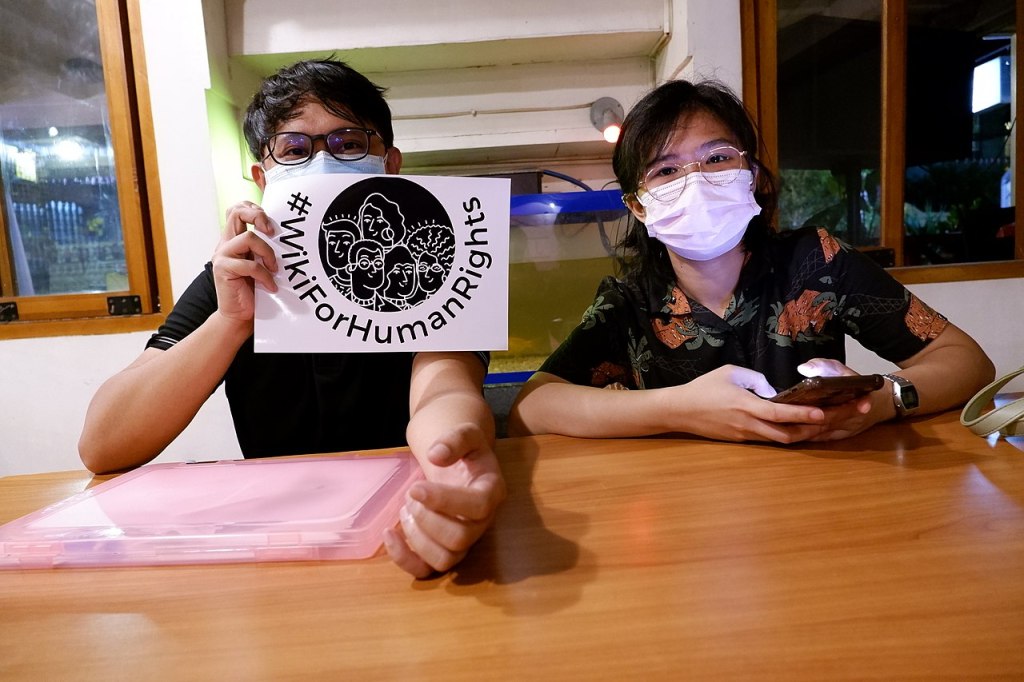
Daramlagon, CC BY SA 4.0

Can you help us translate this article?
In order for this article to reach as many people as possible we would like your help. Can you translate this article to get the message out?
Start translation